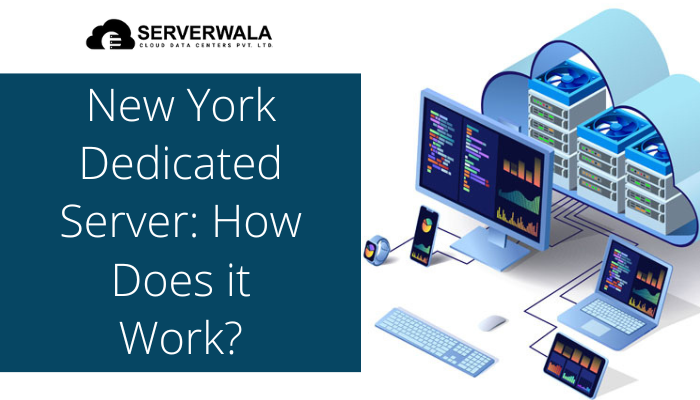In the dynamic realm of marketing, launching campaigns is a cornerstone of driving brand visibility, engagement, and conversions. However, the true gauge of success lies in assessing the effectiveness of these campaigns. This article delves into the essence of measuring marketing campaign effectiveness, strategies for assessment, and enhancing overall performance.
Defining Marketing Campaign Effectiveness
Marketing campaign effectiveness refers to the ability of a campaign to achieve its predefined goals and objectives, whether they involve brand awareness, lead generation, sales, or customer engagement. It involves evaluating the impact, reach, and return on investment (ROI) of marketing initiatives.
Key Metrics for Assessing Campaign Effectiveness
- Conversion Rate: The percentage of recipients who take the desired action, such as making a purchase or signing up for a newsletter, indicative of campaign success in driving action.
- Click-Through Rate (CTR): Measures the percentage of people who click on a specific link in an email, ad, or webpage, gauging the effectiveness of content and call-to-action elements.
- Return on Investment (ROI): Calculates the revenue generated relative to the cost of the campaign, providing insights into its profitability.
- Engagement Metrics: Metrics like time spent on a webpage, social media shares, comments, or likes indicate audience engagement and interest in the campaign.
Strategies for Assessing Marketing Campaign Effectiveness
- Clear Objectives and KPIs: Defining specific, measurable, achievable, relevant, and time-bound (SMART) objectives and KPIs before the campaign launch facilitates effective assessment.
- Tracking Tools and Analytics: Leveraging analytics tools like Google Analytics, CRM software, or marketing automation platforms enables detailed tracking of campaign performance.
- A/B Testing: Conducting A/B tests on various campaign elements (such as headlines, visuals, or calls-to-action) allows for data-driven decisions and optimizations.
- Customer Feedback and Surveys: Gathering feedback directly from customers through surveys or feedback forms provides valuable insights into campaign impact and customer perceptions.
Enhancing Marketing Campaign Effectiveness
- Targeted Audience Segmentation: Tailoring campaigns for specific audience segments ensures relevance and resonance, leading to better engagement and conversion rates.
- Personalization: Utilizing personalized content and messaging based on customer preferences and behavior increases relevance and connection with the audience.
- Multi-Channel Approach: Leveraging multiple channels (e.g., social media, email, content marketing) for a cohesive and integrated campaign amplifies reach and impact.
- Continuous Optimization: Regularly analyzing campaign performance and making iterative improvements based on insights gathered is essential for sustained effectiveness.
The Impact of Effective Campaigns on Business
- Brand Building and Awareness: Effective campaigns contribute to brand recognition, positioning, and recall among the target audience.
- Lead Generation and Conversion: Well-executed campaigns generate leads and drive conversions, contributing directly to sales and revenue growth.
- Customer Relationships: Engaging and relevant campaigns foster stronger relationships with customers, enhancing loyalty and long-term value.
- Competitive Advantage: Consistently effective campaigns differentiate a brand from competitors, establishing it as a leader in the industry.
Real-world Examples of Effective Marketing Campaigns
- Nike’s “Just Do It” Campaign: This long-standing campaign resonates globally, focusing on inspiration and empowerment, contributing significantly to Nike’s brand identity and sales.
- Coca-Cola’s “Share a Coke” Campaign: By personalizing Coke bottles with people’s names, the campaign increased consumer engagement and social media interactions substantially.
- Dollar Shave Club’s Viral Video: A humorous and attention-grabbing video went viral, significantly boosting brand awareness and customer acquisition for the subscription service.
Future Trends in Assessing Campaign Effectiveness
- AI and Predictive Analytics: AI-powered analytics will offer more predictive capabilities, enabling marketers to forecast campaign performance accurately.
- Attribution Modeling: More advanced attribution models will evolve to provide clearer insights into the contribution of each marketing touchpoint to conversions.
- Privacy and Ethical Considerations: With increasing privacy concerns, ethical data practices and transparent customer consent will become pivotal in campaign assessments.
Conclusion
Measuring and enhancing marketing campaign effectiveness is not just about numbers but about understanding and responding to audience needs and behaviors. By employing strategic measurement techniques, continually optimizing campaigns, and staying attuned to evolving trends, businesses can drive meaningful results, foster customer relationships, and maintain a competitive edge in today’s dynamic marketing landscape.



